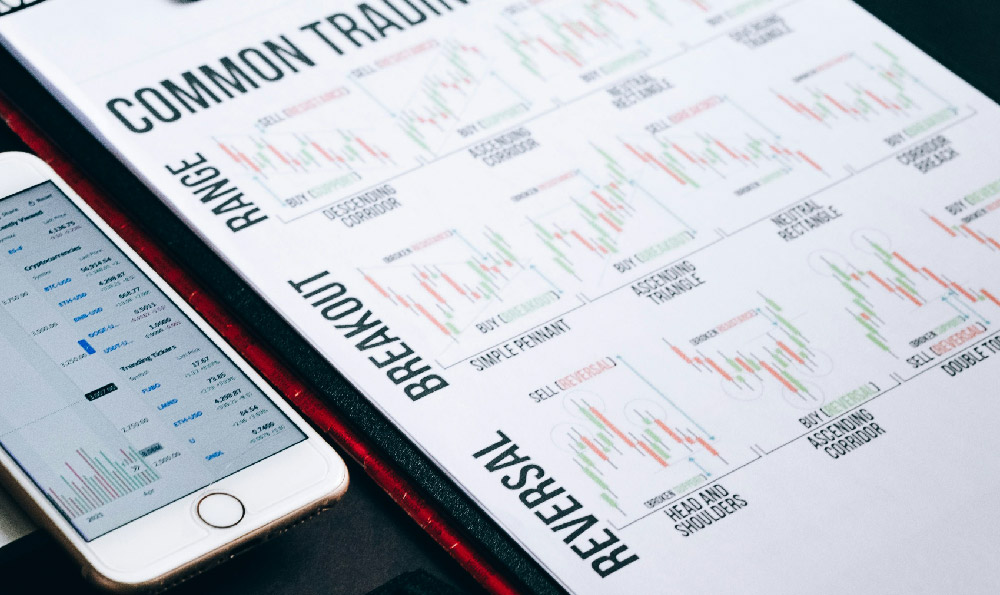Politicians have historically played a pivotal role in shaping economic landscapes through their influence on policies and regulations. The mechanisms through which they generate wealth often intertwine with their political power, creating a complex relationship between governance and financial gain. From offshore accounts to real estate investments, the avenues for accumulating wealth are diverse and multifaceted, reflecting a blend of legal strategies and discreet financial maneuvers.
The influence of political office extends beyond legislative agendas, as leaders often leverage their positions to create opportunities for personal financial growth. This can manifest in various ways, such as accessing resources and networks that facilitate high-yield investments or securing lucrative contracts that benefit both public and private interests. For instance, public officials may collaborate with corporate entities to establish projects that generate substantial returns, often under the guise of public service. While these initiatives may appear altruistic, they can inadvertently entangle politicians in a web of financial interests.
Another critical dimension is the strategic use of public resources to expand private wealth. Politicians can direct government funds towards ventures that align with their financial goals, sometimes through indirect channels. This might involve influencing budget allocations for infrastructure projects, which can be tapped into for long-term profitability. For example, in some regions, public investments in transportation or energy sectors have been linked to the personal enrichment of political figures who manage such projects. Such actions, while legally ambiguous in many cases, highlight the potential for wealth accumulation through systemic control.

The role of lobbying also plays a significant part in generating financial benefits. By engaging with interest groups, politicians can secure funding for campaigns or policy initiatives that align with corporate agendas. In return, they may advocate for favorable regulations that boost the financial health of these entities. This bidirectional relationship can result in substantial financial gains, as political figures often receive contributions from industries that stand to benefit from their influence. For instance, energy sector leaders have historically funded political campaigns in exchange for deregulation policies that increase profitability.
In some instances, politicians exploit legal loopholes to create financial advantages. This could involve the use of complex tax structures, offshore jurisdictions, or public-private partnerships. For example, the tax benefits associated with public office may allow politicians to invest in ventures that generate significant returns without substantial tax liabilities. Additionally, local laws governing public asset management may enable political figures to allocate resources in ways that maximize personal gains. While such practices may be legal in specific jurisdictions, they can blur the lines between public duty and private profit.
The intersection of political and financial interests also includes emerging trends, such as the digital transformation of wealth accumulation. Politicians may engage in online fundraising, cryptocurrency investments, or digital assets that offer new avenues for financial growth. These strategies, often more discreet than traditional methods, can be used to create wealth without direct public scrutiny. For example, during recent political cycles, some leaders have diversified their financial portfolios by investing in tech startups or global markets, leveraging both political influence and digital platforms.
However, the pursuit of wealth through political means is not without ethical and societal implications. The public perception of corruption often ties to the perceived misuse of power, creating a tension between political success and financial accountability. This dynamic can affect the overall trust in governance, as citizens may question the integrity of leaders who appear to prioritize personal gain over public welfare. In some cases, investigative journalism or public audits have uncovered hidden financial interests, sparking debates about transparency and accountability in political systems.
The impact of these financial strategies varies across different political environments. In democratic systems, structural checks and balances are designed to mitigate the risks of political corruption, but these mechanisms may not always prevent the accumulation of wealth. Conversely, in authoritarian regimes, the concentration of power allows for more direct forms of financial manipulation, often leaving citizens with limited recourse. The effectiveness of these systems in curbing political wealth accumulation is a subject of ongoing research, with varying outcomes depending on institutional frameworks.
In the modern era, the rise of social media and digital platforms has introduced new dynamics in political financing. Politicians can now engage in viral fundraising campaigns, leveraging their public personas to attract supporters and donors. This shift has democratized the funding process, allowing individuals to contribute to political campaigns through online portals. While this method offers greater accessibility, it can also lead to the emergence of new financial paradigms that redefine the relationship between political figures and their constituencies.
The socio-economic factors that influence political wealth accumulation are also significant. Cultural attitudes towards wealth, economic disparities, and the prevailing financial norms in a society can shape the behaviors of political leaders. For example, in nations with high levels of income inequality, politicians may be more incentivized to pursue wealth-generating ventures that align with the interests of the wealthy elite. This relationship can create a cycle of financial and political influence, where wealth accumulation becomes a tool for consolidating power.
In conclusion, the wealth generation and accumulation strategies employed by politicians are deeply interwoven with their political power and the institutional frameworks they operate within. While some of these methods may be legal, they often raise ethical concerns about transparency and accountability in governance. The impact of these practices on public trust and socio-economic equity underscores the importance of scrutinizing the financial behaviors of political figures. As the political landscape continues to evolve, the relationship between governance and wealth accumulation remains a critical area of analysis for understanding the broader implications of political influence on national economies and financial systems.












